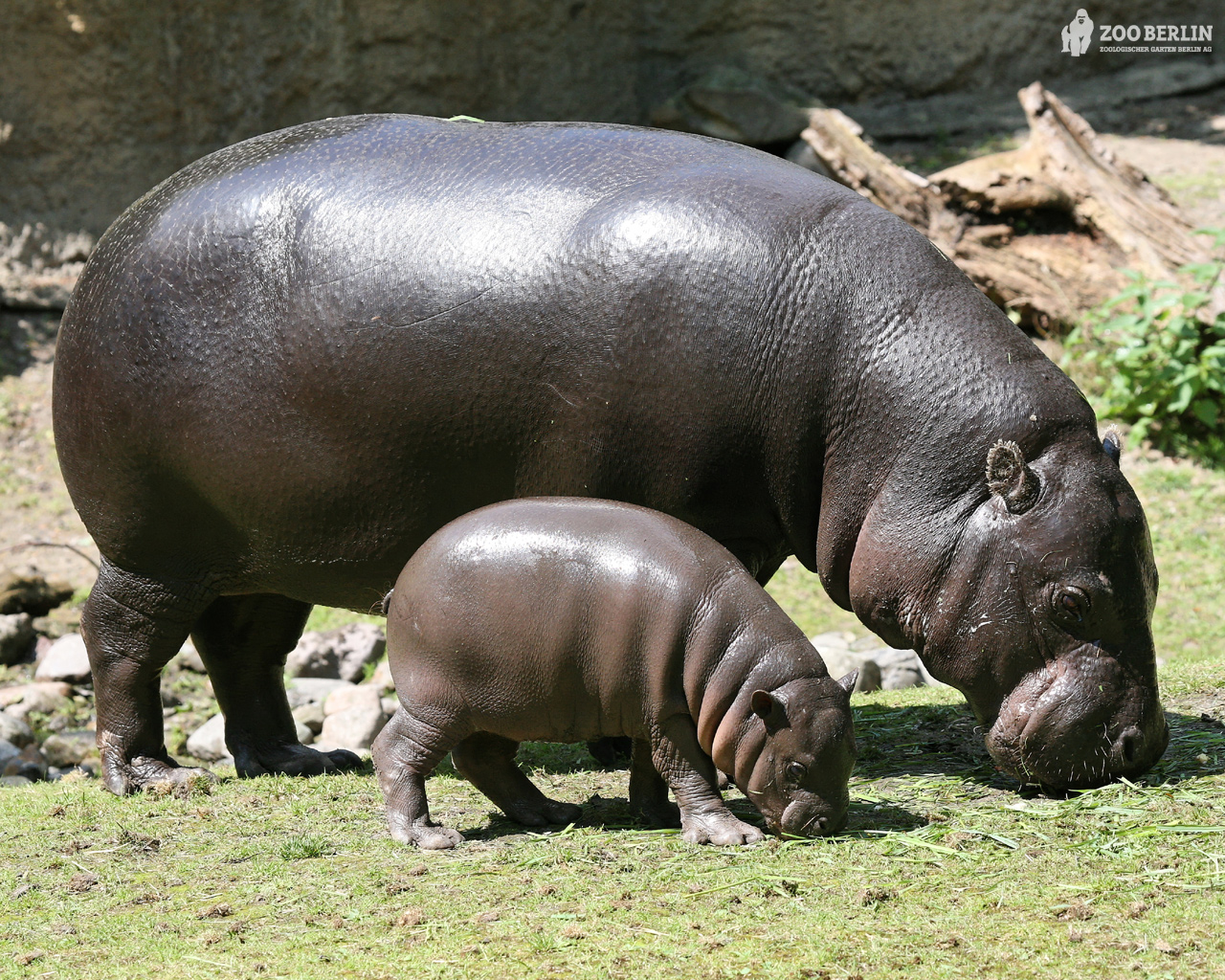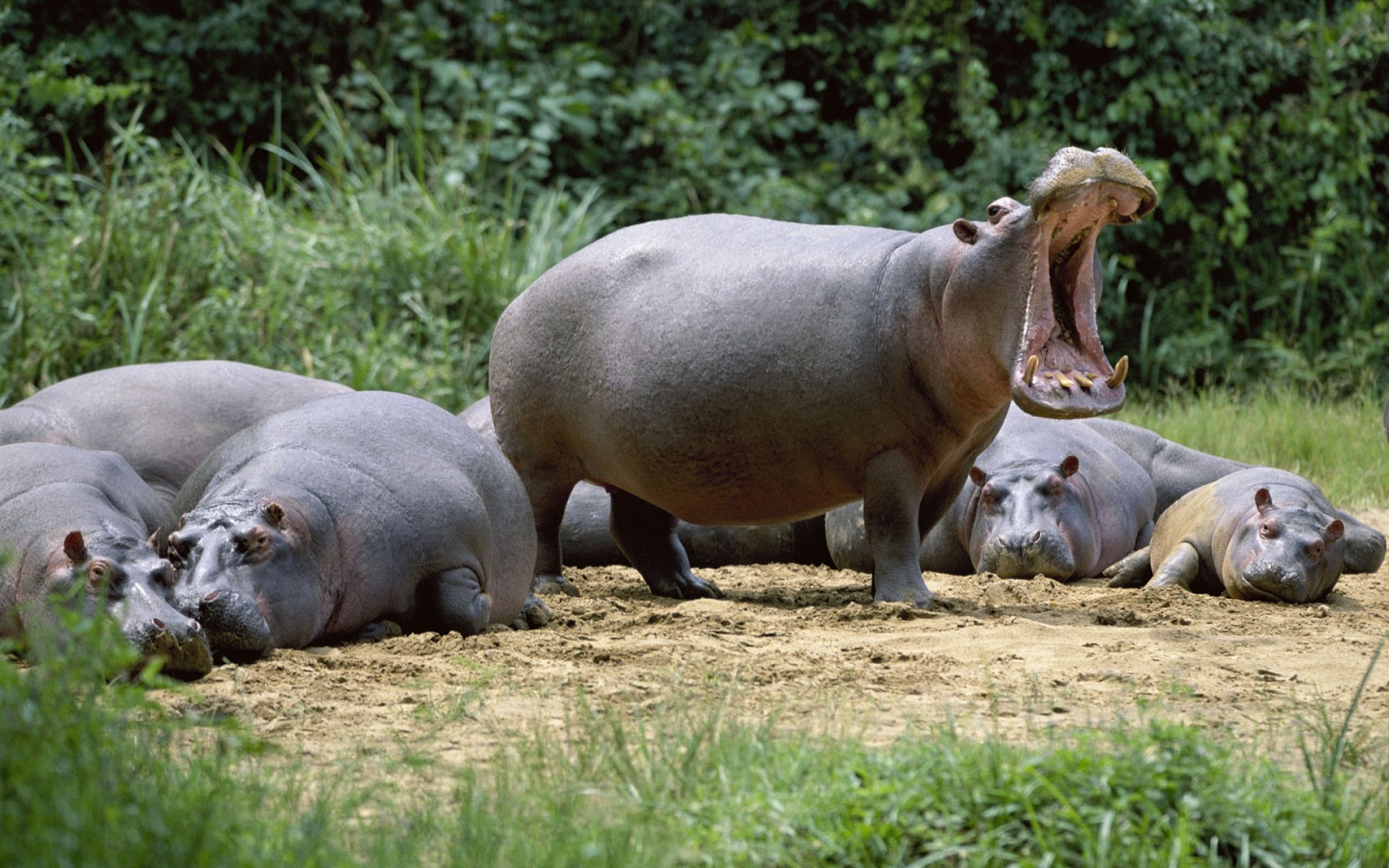The hipopotamus, often referred to as the "river horse," is a fascinating creature that captivates the imagination of many. These massive mammals are known for their unique physical characteristics and their semi-aquatic lifestyle, making them one of the most intriguing animals found in Africa. With their large mouths, enormous bodies, and surprisingly agile movements in water, hippos play a vital role in their ecosystem while also posing various challenges for conservation efforts.
Originating from ancient lineages, the hipopotamus has a history that dates back millions of years. Despite their hefty size, these creatures are surprisingly social and often found in groups. Their behavior and biology offer a window into the complexities of wildlife in Africa, where they inhabit rivers, lakes, and swamps. In this article, we will delve deeper into the world of the hipopotamus, exploring their characteristics, habitat, diet, and the conservation challenges they face.
Understanding the hipopotamus is essential to appreciating the diversity of life on our planet. By examining their unique traits and behaviors, we can gain insight into their ecological significance and the urgent need for conservation. Join us as we embark on a journey to unveil the secrets of the hipopotamus and its place in the natural world.
What are the Key Characteristics of the Hipopotamus?
The hipopotamus is easily recognizable due to its distinctive physical features. Here are some key characteristics:
- Size: Adult hippos can weigh between 3,000 to 8,000 pounds, making them one of the largest land mammals.
- Skin: Their skin is thick and hairless, providing protection from sunburn and aquatic predators.
- Mouth: Hippos possess large mouths, capable of opening up to 150 degrees; their tusks can grow up to 16 inches long.
- Feet: They have webbed feet, which aids in swimming and walking on soft riverbeds.
Where Do Hipopotamus Live?
Hipopotamus are primarily found in sub-Saharan Africa, inhabiting rivers, lakes, and swamps. They prefer areas with abundant water, which helps them regulate their body temperature. The following are key aspects of their habitat:
- Water Sources: Hippos rely on freshwater sources to stay hydrated and cool.
- Land Proximity: They are often seen basking on riverbanks during the day.
- Social Structures: Hippos are social animals, living in groups called pods, which can consist of 10 to 30 individuals.
What Do Hipopotamus Eat?
Despite their massive size, hippos are herbivores and primarily graze on grass. Here are some interesting facts about their diet:
- Feeding Time: Hippos usually feed at night, consuming up to 150 pounds of grass per night.
- Grazing Habits: They prefer short, tender grasses found near water bodies.
- Water Consumption: Hippos can drink up to 40 gallons of water in a day to stay hydrated.
Why Are Hipopotamus Considered Dangerous?
While hippos may appear docile, they are known for their aggressive behavior, especially when protecting their territory or young. Here are some reasons why hippos are considered dangerous:
- Territorial Nature: Hippos are highly territorial, particularly in the water, and can be very aggressive towards intruders.
- Powerful Bite: Their jaws are incredibly strong, capable of crushing bones.
- Human Encounters: Hippos are responsible for more human fatalities in Africa than any other large animal.
What Threats Do Hipopotamus Face Today?
Despite their formidable presence, hippos are facing numerous threats in the wild. Here are the main challenges:
- Habitat Loss: Urbanization and agricultural expansion are encroaching on their natural habitats.
- Poaching: Hippos are hunted for their ivory tusks, meat, and skin.
- Climate Change: Changes in climate patterns are affecting their water sources and food availability.
How Can We Help Protect Hipopotamus?
Conservation efforts are crucial for the survival of the hipopotamus. Here are some actions that can be taken:
- Support Wildlife Organizations: Donating to or volunteering with organizations that focus on hippo conservation.
- Educate Others: Raising awareness about the challenges hippos face can inspire action.
- Advocate for Sustainable Practices: Supporting sustainable agriculture and development can help protect their habitats.
Conclusion: Embracing the Mystique of the Hipopotamus
The hipopotamus remains one of nature's most captivating creatures, embodying both grace and danger. Understanding their biology, behavior, and the threats they face is essential for promoting their conservation. By taking action to protect these gentle giants, we help preserve the rich biodiversity of our planet. The hipopotamus, with its unique characteristics and ecological importance, deserves our respect and care.



